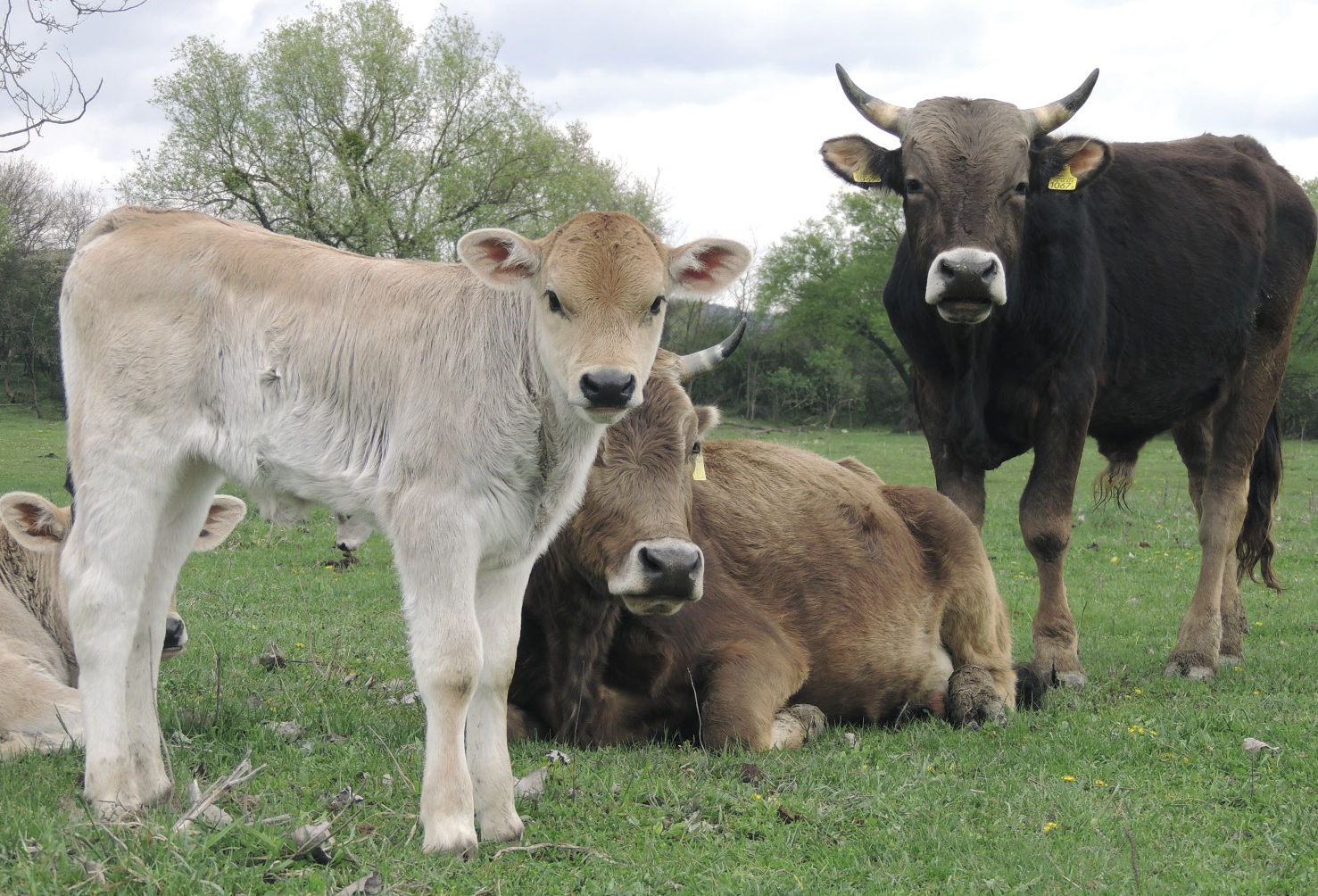Agriculture Minister Istvan Nagy said on his social media page that plants and animals used in agriculture, as major genetic resources, are the basis of our food production.
Biodiversity in agriculture is now as endangered as wildlife. However, the conservation of agricultural biodiversity is essential for a future society to be able to provide adequate responses to climate change and the challenges of food crises. Hungary is in a fortunate position in the world, since a significant part of the species of animals and plants that originated in the Carpathian Basin has been preserved.
In order to support the development of local gene conservation institutions and programs, the Government of Hungary has adopted a strategy of subsidizing over HUF 12 billion.
Within the framework of the Gene Conservation Strategy launched in 2019, several developments have taken place, among others, at the Tapiószeli Institute of the National Center for Biodiversity and Gene Conservation, whose collection is one of the largest gene banks in the world. Approximately 135,000 samples are stored in the genebank here and the properties preserved therein are key to developing resistance to increased drought and various diseases. In addition, the Gödöllő Institute for the Preservation of Genes for Livestock Animals has renovated the ever-expanding DNA bank of farm animals, which preserves 11,200 genebank items, where, in a unique way in Hungary, you can find breeding materials for all indigenous peoples. Domestic poultry species and breeds, as well as genebank varieties for sheep, cattle, horses, rabbits and Hungarian dog breeds.
The gene conservation strategy aimed to implement such exemplary programs as the rescue and conservation of the Carpathian badger, the Moracus type of cold-blooded Hungarian horse, and the Hungarian wild ass.
Targeted programs launched in the field of plant gene conservation include the maintenance of field plants and vegetables with the participation of farmers, the conservation and examination of grapes and fruit plants, and the extension of the 10-year fruit-growing agreement.
Implementation of the Gene Conservation Strategy is a major step forward in preserving our national treasures, which is our main interest, as in this way we can reduce our exposure to foreign breeding materials and create the independence of Hungarian agriculture.












































